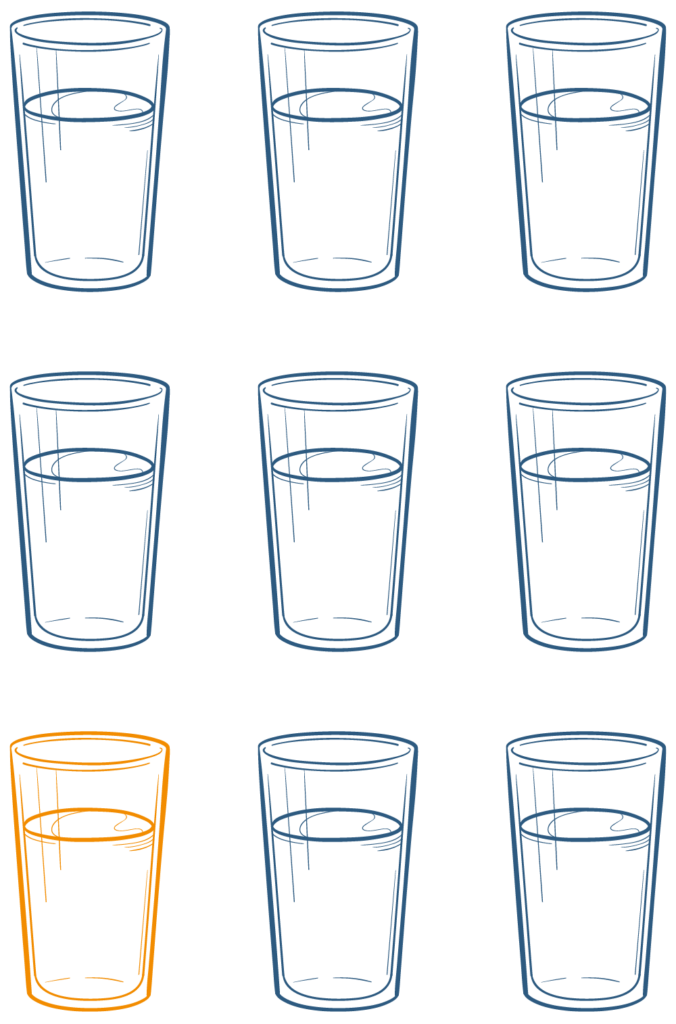Peace begins with a smile.
I believe that most of us, if we were honest with ourselves, find it really difficult to remain totally non-judgemental of others. Millions of years of evolution have given us a quite incredible tool in terms of the human body. A mind-blowingly effective, inbuilt safety system; one that we don’t even need to be consciously aware of and that works whether we think we need it or not. It is so quick at reacting to what it has perceived as a threat, or to be unsafe, that it’s already jumped into action before we think we need to turn it on or engage it. The system uses our key human senses; sight, sound, touch, smell and taste, as well as hunger, thirst, proprioception and equilibrioception or, roughly speaking, balance. The body and brain make billions of calculations daily to work out whether something or someone is safe or dangerous. Whether we like it or not, we are subconsciously using our judgment to work out whether we are hypothetically or actually safe with this person or in this situation, or not.
Even whilst listening to someone’s voice, we are making micro-judgments of their speech pattern and prosody (pitch, volume, tempo and rhythm) to ascertain whether they are a possible threat to us either physically, intellectually or psychologically. Arguably, when getting to know someone for the first time, it’s often less important what people say, rather than how it is said. The body and brain use all available inputs to make a decision; which we will become aware of as a conscious, but often indescribable, feeling such as love at first sight. We’ve no doubt all experienced it! Yet this initial judgment, clever as it is, is not always 100% accurate or right.
Many of our judgments are based on past experiences. In trying to protect us, the brain will store what it considers useful memories – usually the less favourable ones – to keep us safe. It uses those painful experiences to guard us against future risk or threat so it will often err on the side of safety and be reluctant to openly engage. Would you discuss all of your fears and mistakes with a total stranger in the same way you would open up to a best friend? It’s unlikely.

Fortunately, with a flexible attitude, self-awareness and active practice, we can learn to change perspective. We can preload these often-subconscious judgments, by learning to remember the good times and positive experiences; considering people or situations as a challenge that floods positive stress hormones such as dopamine into the body, rather than as a threat. That’s what we call being optimistic. A positive mindset or positive mental attitude. Seeing the glass as half full rather than half empty. This changes the way our body, and brain, may interpret what it is looking at; considering it a potential opportunity to learn something new and even to grow as a result. Judgments that breed joy are conscious reflections of who we are and appreciation of life in general. It’s something we often overlook when comparing ourselves to others we consider more fortunate than ourselves.
Comparison is the thief of joy.
Having an optimistic outlook on life is a key factor in maintaining personal resilience by empowering us to face the uncertainties of life head-on. With an understanding that good and bad experiences will happen to us all, appreciating life for what it is and learning to adapt along the way, affords us an opportunity to alter our mindset and live a meaningful, fulfilling and enjoyable life.
Do not complain about growing old,
it is a privilege denied to many.
Coaching Question
Alive: At what time in your recent past have you felt most passionate and alive?
Habituator
Move: Regular exercise, goal setting (especially long-term), practising mindfulness, being creative (playing music or writing a book) release the hormone dopamine, which gives us drive, determination, learning, pleasure and importantly, enables us to think and plan.
This article is based on the Amazon No.1 Hot New Release in HR, The A–Z of Human Performance. For more coaching questions and habituators on this topic and 25 more chapters from Jonna Sercombe, Emma Wiggs, and Steve Eaton, pick up a copy in paperback or eBook.
